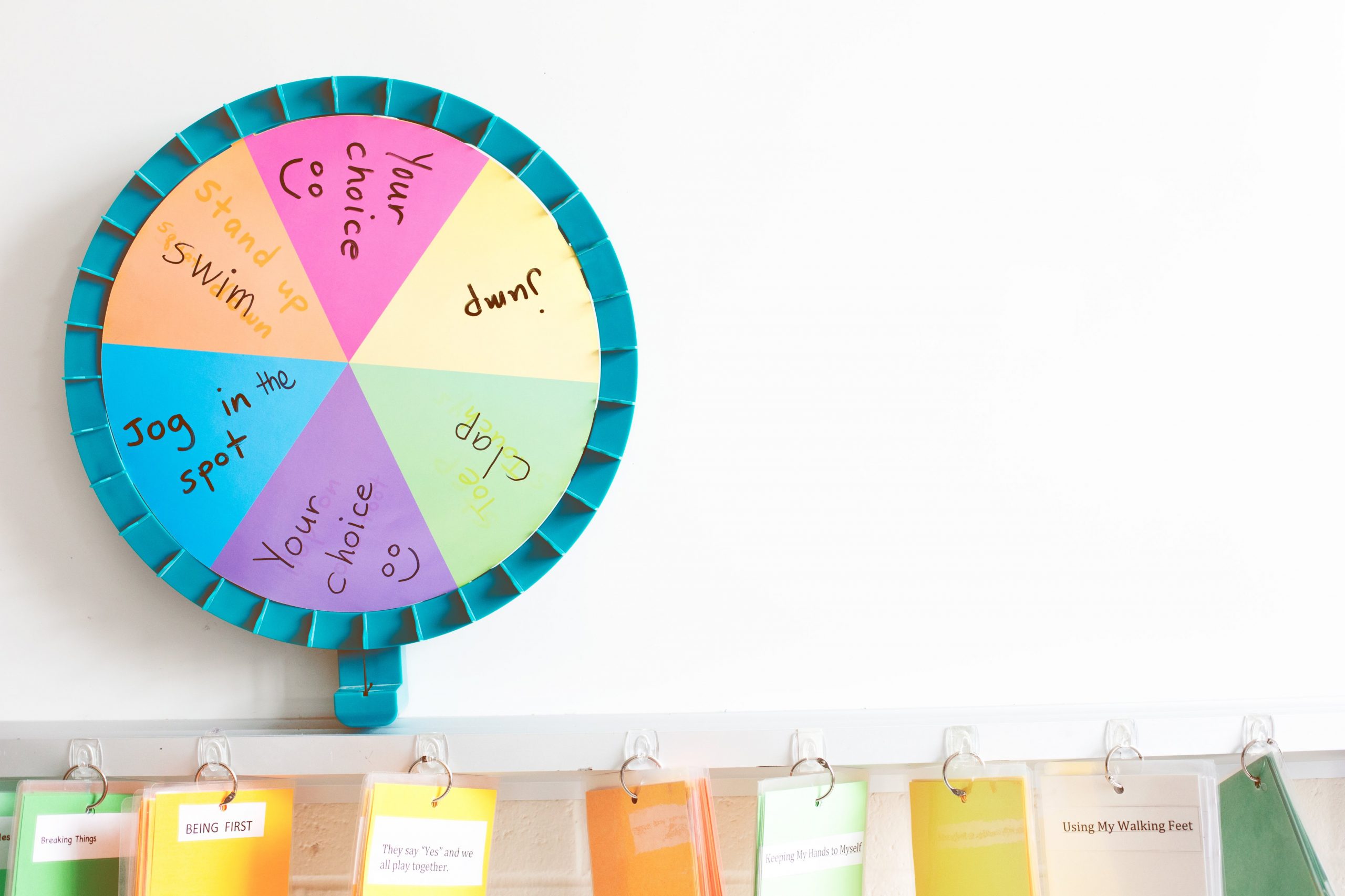Usually, we worry about learning loss over the summer. Students can lose up to 2.6 months of maths skills and two months of reading skills over the summer break. It can take up to six weeks to rebuild that learning in the winter term. However, as we all know, summer seems to have come a little early this year – but don’t panic!
Here are some ideas for preventing learning loss while your children are at home during the lockdown, and some activities that you can do together as a family.
Make the most of the free resources being offered by educational companies during this time.
There are lots of excellent websites that offer free resources for school children all year round (SchoolExpress.com, TheGoMom.com, JumpStart.com, PrimaryResources.co.uk, plus many others). Let’s not forget the free resources provided by Geek School Tutoring, either:
- Free Creative Writing Course (on our sister site, www.the11plusessay.co.uk)
- Free English and maths live lessons for KS2 children (particularly Year 5and Year 6 children)
- Our YouTube channel, which is full of useful lessons and resources.
Right now, Twinkl.com is offering free memberships to everyone; Twinkl is an excellent website with lots of home school resources, worksheets, revision packs and more, from KS1 up to GCSE.
Audible.com is also offering hundreds of free Audible Original audiobooks, plus Amazon is offering lots of free children’s television shows. There are also plenty of online libraries and websites which offer free access to ebooks (Project Gutenberg, LibriVox, GoodReads, ManyBooks).
This is the best time to make the most of online resources because so much is on offer!
Keep a Routine Similar to That of a Normal School Day
To the greatest extent, maintain a routine throughout the day. Keep up with a timetable; you can agree upon a timetable as a family, including lunch and breaks, and time set aside to study.
If this is challenging, try to incorporate a few designated activities that you do each day. They don’t have to be too long, but keeping up with a little bit at a time, regularly, will ensure that your child is keeping their brain active and busy.
You could read a chapter of a book together for fifteen minutes straight after breakfast, or do a mental maths test right before dinner – whatever works for you so that your children get used to the routine.
A Designated Workspace
Set up a designated workspace, and keep it organised
Set aside one particular space in the house where all the studying or work can take place. This will help your child to focus – and to help them to understand what is required of them.
Keep your child’s work in a folder with their name on it. You can get creative, using different colours for different subjects; stickers for different family members; boxes for finished work; boxes for new worksheets; and boxes for work that need to be checked by you.
Take Advantage of Online Games and Tech Activities
There are lots of great websites with interactive activities and games to help enhance your child’s learning and to break up the monotony of the day. Some excellent websites to try include:
BBC Bitesize: http://www.bbc.co.uk/bitesize
Top Marks: https://www.topmarks.co.uk/
Crick Web: http://www.crickweb.co.uk/
PhonicsPlay: http://www.phonicsplay.co.uk/
Don’t forget the Geek School Tutoring maths worksheet generator: https://www.geekschool.co.uk/maths-worksheet-generator/
Have a look at Pop Sugar’s list of 30 educational websites to use during the lockdown: https://www.popsugar.co.uk/parenting/free-online-educational-resources-for-kids-47312329
Include Creative Activities Throughout the Day
Being at home is an excellent opportunity for children to try new skills. Include creative activities throughout the day to keep their brains engaged:
- Painting/drawing (they could paint on pebbles, self-portraits, scenes from their favourite book, or use drawing /colouring apps on the computer or tablet).
- Papier-maché (always a fun messy favourite; cover a blown-up balloon with strips of newspaper stuck together with PVA mixed with water, leave to dry and then paint!).
- Knitting/crochet/cross-stitch (you can buy child-friendly knitting and crochet kits online, and watch YouTube tutorials to learn how to make sweet knitted accessories or toys).
- Keeping a journal/creative writing.
- Outdoor sports where possible.
- Baking/cooking (perhaps assign each family member a particular day of the week to make part or the whole of a meal, or a dessert).
Quick-fire Quizzes and Short Timed Tests
Times tables are always more fun when you’re competing with your siblings to see who can answer the question first. Practice times tables by giving a times table question (11×10! 6×3! 4×5!) and get your children to shout out the answer as soon as they have it.
This also works well with spelling words; give each person a ‘buzz’ word or sound to shout out, say the word, and see who ‘buzzes’ first. If they spell the word correctly, they get the point for it. First to ten wins! (Extra points if they can use it in a sentence.)
If you are running low on resources, you can write down division or multiplication questions (appropriate to their age and ability) and set a timer. This may not work for everyone, but some children work quickly and efficiently under time constraints.
Share work with family members
Children love making PowerPoints. If you have access to Microsoft PowerPoint, encourage your children to create presentations about a subject that they are learning, or a book they’ve read recently, or a particular topic.
If you don’t have access to a computer, they can always make posters to display in their work area.
Encourage your children to share their work (present their slides or posters) with you and other members of the family; this will build their confidence, solidify their understanding of the subject – and one of the best ways to learn is to teach someone else!
Card, Dice, Pen and Paper Games
Card and dice games are an excellent way to disguise practising maths, word and logic skills.
Maths
Yatzy (requires a yatzy scoreboard, five dice and a cup)
Download a printable scoreboard (one for each person) and read the rules at this website: http://www.yahtzee.org.uk/rules.html
Safe Cracker (requires a piece of paper and a pencil)
Download a printable game board and read the rules here: https://www.printableboardgames.net/preview/Safe_Cracker
Dots (paper and pencil)
Read the rules to Dots here: https://www.considerable.com/entertainment/games/dots/
Sprouts (paper and pencil)
Read the rules to Sprouts here: https://nrich.maths.org/2413
English
Word Ladder: Write a four or five letter word at the top of the page. Each player then has to write a word underneath which changes just one letter of the word before, e.g. ‘face’ could become ‘fame’ which could then become ‘tame’, and so on. The player who can’t think of a word loses!
Code Names: Come up with 25 random words. Write them out across a piece of paper or spread them across a table. One team is the ‘Code Masters’, and the others are the ‘Spies’. The Code Masters secretly pick five of the words. The Spies have to guess their words, using the codes that they are given. The codes consist of a number and a word.
If your five words were tomato, grass, cat, lion and rose… one of your codes could be ‘Nature, 3.’ This means that three of your words have to do with nature. Your second code could be ‘Whiskers, 2.’ This means that two of your words have to do with whiskers.
The Spies have to guess all of the Code Masters’ words. If they guess a wrong word more than three times, the Code Masters win. If the Spies guess all of the words, then they win!
Hangman: Guess the Word Before the Man is Hanged!
Countdown
English: Choose nine letters between players, set a 30-second timer, see who can come up with the most words using that letter.
Maths: Choose a three-digit number and five other numbers (have a range of small to large quantities up to 100). You have 30 seconds to try and make the 3-digit number using the five others.
You can play online here: https://incoherency.co.uk/countdown/practice/ or use the Countdown App!
There is also an excellent website called Printable Board Games (https://www.printableboardgames.net/) which has lots of game boards and instructions on how to play each one.
Invest in a Whiteboard and Dry-Wipe Markers
Whiteboards are a great tool to keep children engaged. Who doesn’t love writing on a whiteboard? You can use them for spelling, for games, for working out maths problems.
You could use the whiteboard to test their knowledge of technical vocabulary in any subject; for example, for an English lesson, you might ask each child to write down an example of a verb, adjective, adverb, and so on.
Rewards, Rewards, Rewards
It’s essential to keep your children motivated while they don’t have their usual routine, can’t see their friends or go to the places they would usually enjoy.
Allow your child enough time after their work is complete to do something fun of their choice once they have completed their work. Whether it’s: playing a video game for an hour; watching a film together; playing a board game of their choice; buying their favourite sweets or making their favourite meal; having a family quiz night; playing in the garden; or just going on the computer for a short while, there are plenty of choices!
Remember that they are also out of sync and unsettled, so encouraging them to keep doing the things that they enjoy is essential to keeping their spirits up and maintaining normality throughout the day.




You must be logged in to post a comment.